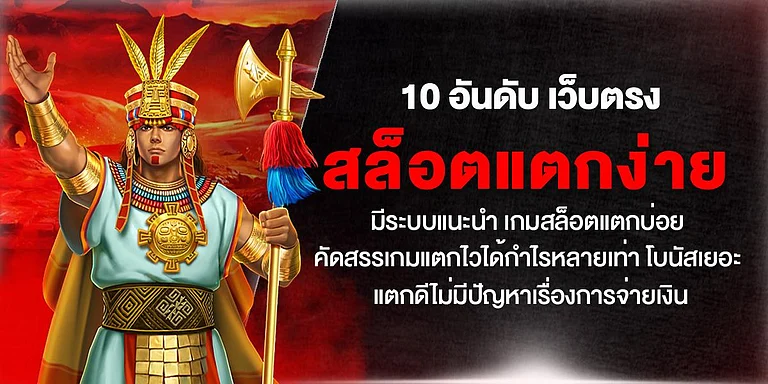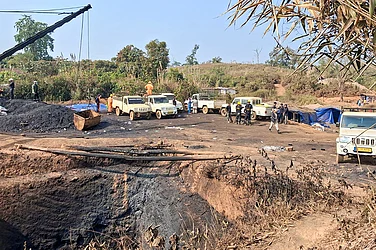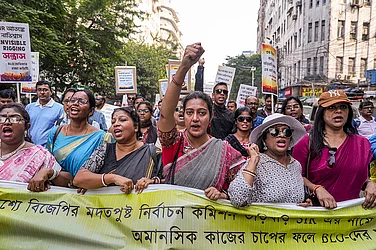The draft Livestock Bill, of 2023, was met with intense backlash from animal rights activists in India. On June 7, 2023, the Union Ministry of Fisheries, Animal Husbandry, and Dairy publicly announced the draft Livestock Bill, which included the import and export of livestock products, and accepted suggestions for a period of 10 days. In response to the heavy criticism, the Centre has now withdrawn the bill.
According to the document released by the Department of Animal Husbandry and Dairying (DAHD), “live-stock” includes all equines (all live equine irrespective of purpose including donkeys, horses, mules, asses, hinnies), bovines (all bovine animals including cattle, buffaloes, bullocks or any animals falling in the category of bovidae), caprines, ovines, swine, canines, felines, avian, laboratory animals, aquatic animals and any other animal which may be specified by the Central Government by notification in the Official Gazette from time to time, except those prohibited in any other act. Live-stock products "include meat and meat products of all kinds including fresh, chilled and frozen meat, tissue, organs of bovine, poultry, pig, sheep, goat; egg and egg powder, milk and milk products; bovine, ovine and caprine, embryos, ova, semen; pet food products of animal origin and any other animal product produced from live-stock as notified under section 2 (e) by the Central Government in the Official Gazette from time to time.
Animal rights activists, including celebrities, immediately protested against this bill, saying that it violates fundamental rights and promotes mistreatment of the animals. The protestors expressed their concern regarding the treatment of animals as commodities rather than living beings, and that they are not fed and hydrated properly when being transported.
In a report in the Indian Express, Divya Rawat, a member of Simba Animal Save Foundation, said, “Looking at such worse practices of transporting live animals, many countries like New Zealand have banned import/export of live animals recently. We wonder how such a law could be proposed in India. The government has given only ten days to discuss and debate the bill in the public domain, which is such a short period of time. This raises questions on the intention of government if it is acting on behalf of the meat industry lobby.”
Celebrities like Kapil Dev and Zeenat Aman have also spoken out, causing the hashtag #SayNoToLivestockBill2023 to trend on Twitter.
The protests proved successful and the Ministry of Fisheries, Animal Husbandry, and Dairying issued a memorandum withdrawing the bill, stating “...representations have been made expressing concerns on the proposed draft involving sensitivity and emotions with’ animal welfare and related aspects, and, hence, would need wider consultation. Considering the aforesaid views and with the approval of the competent authority, the proposed draft Bill stands withdrawn.”


























